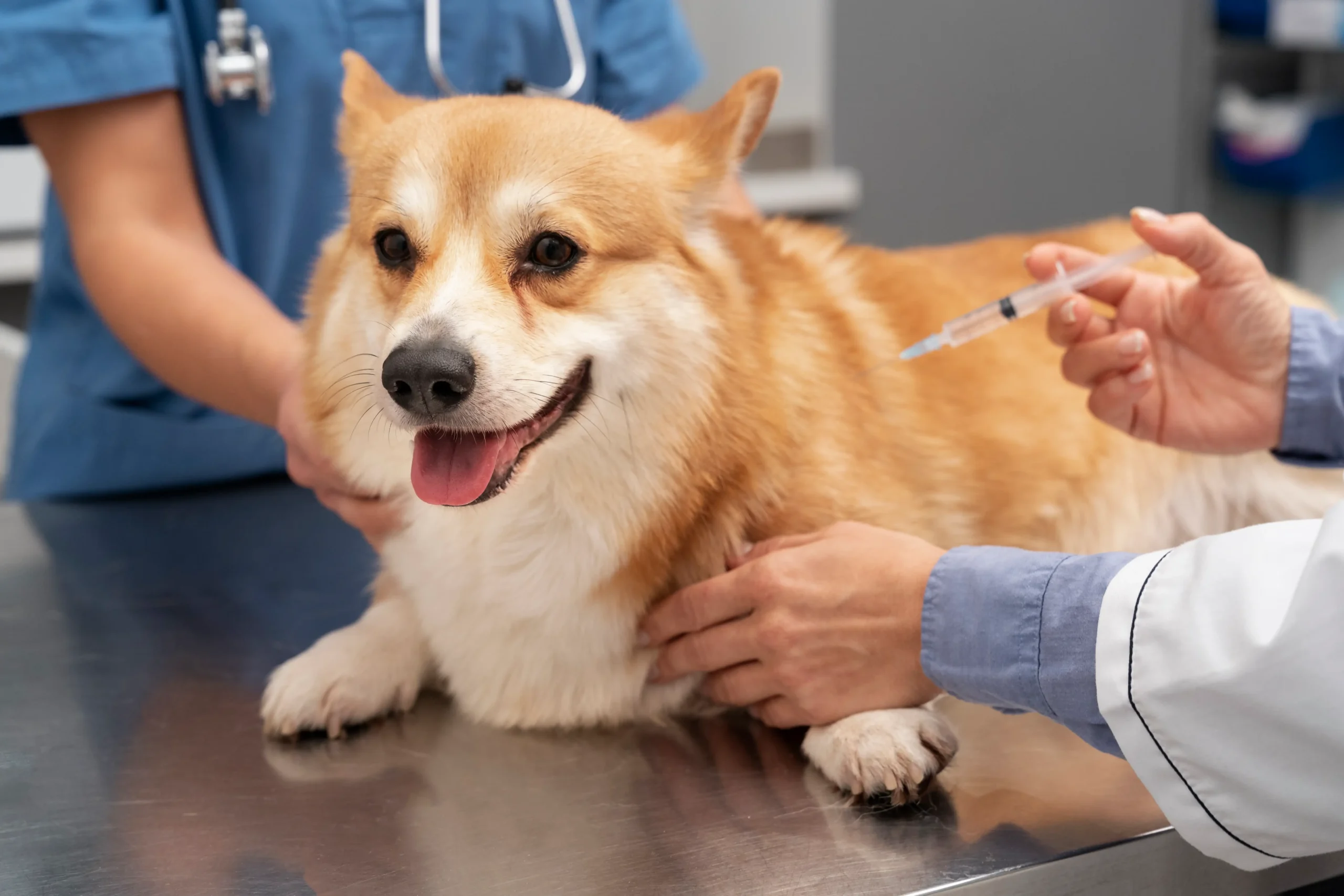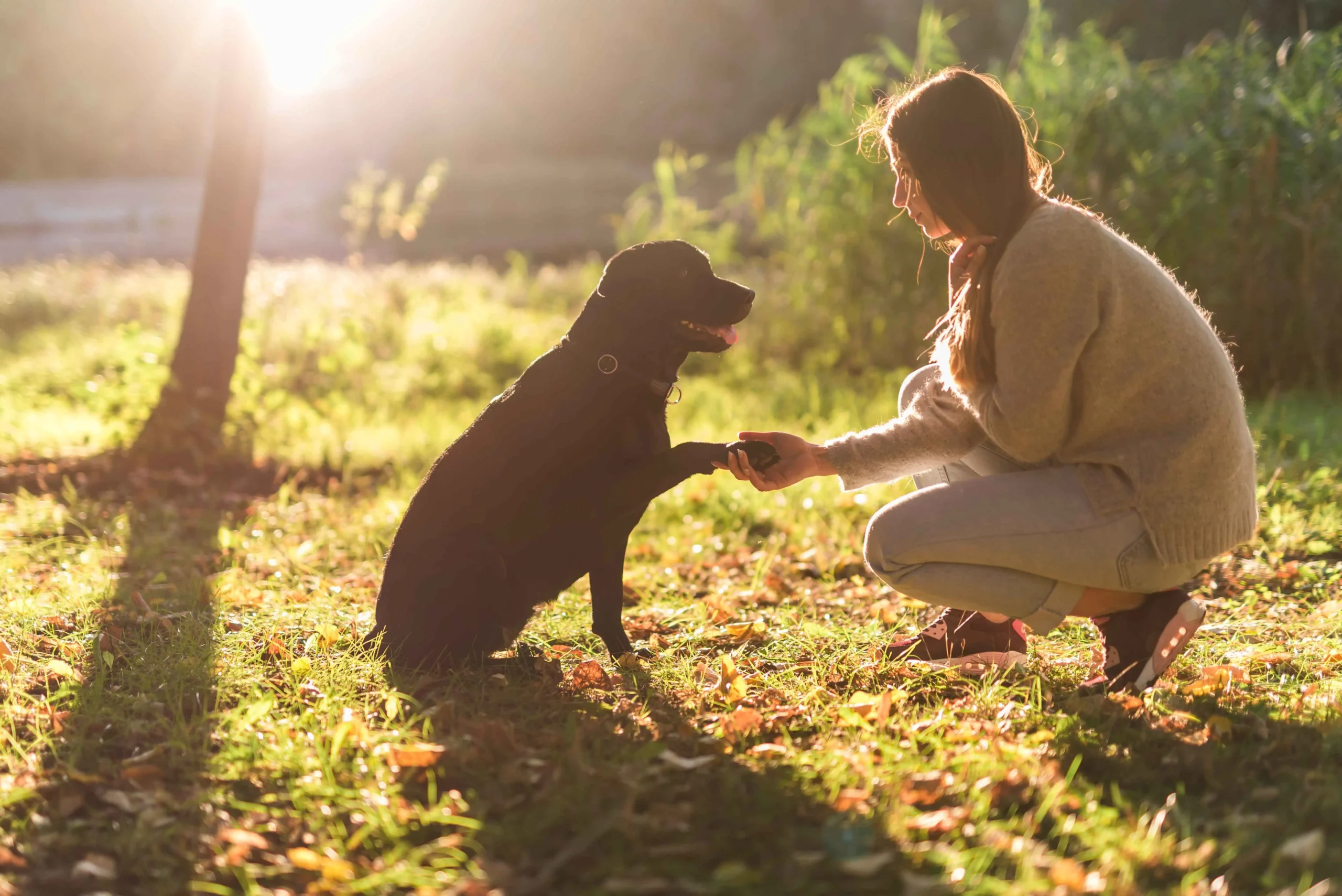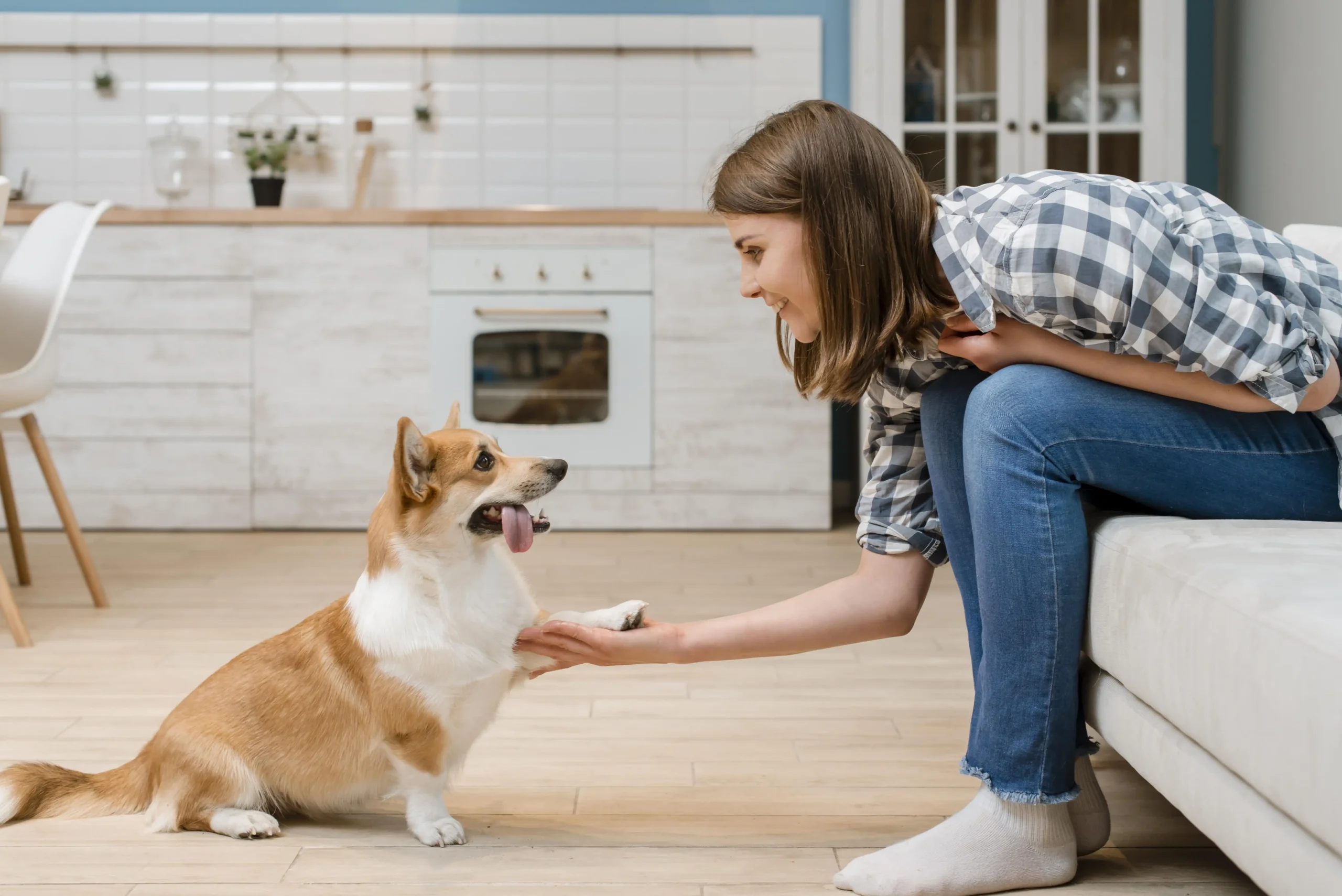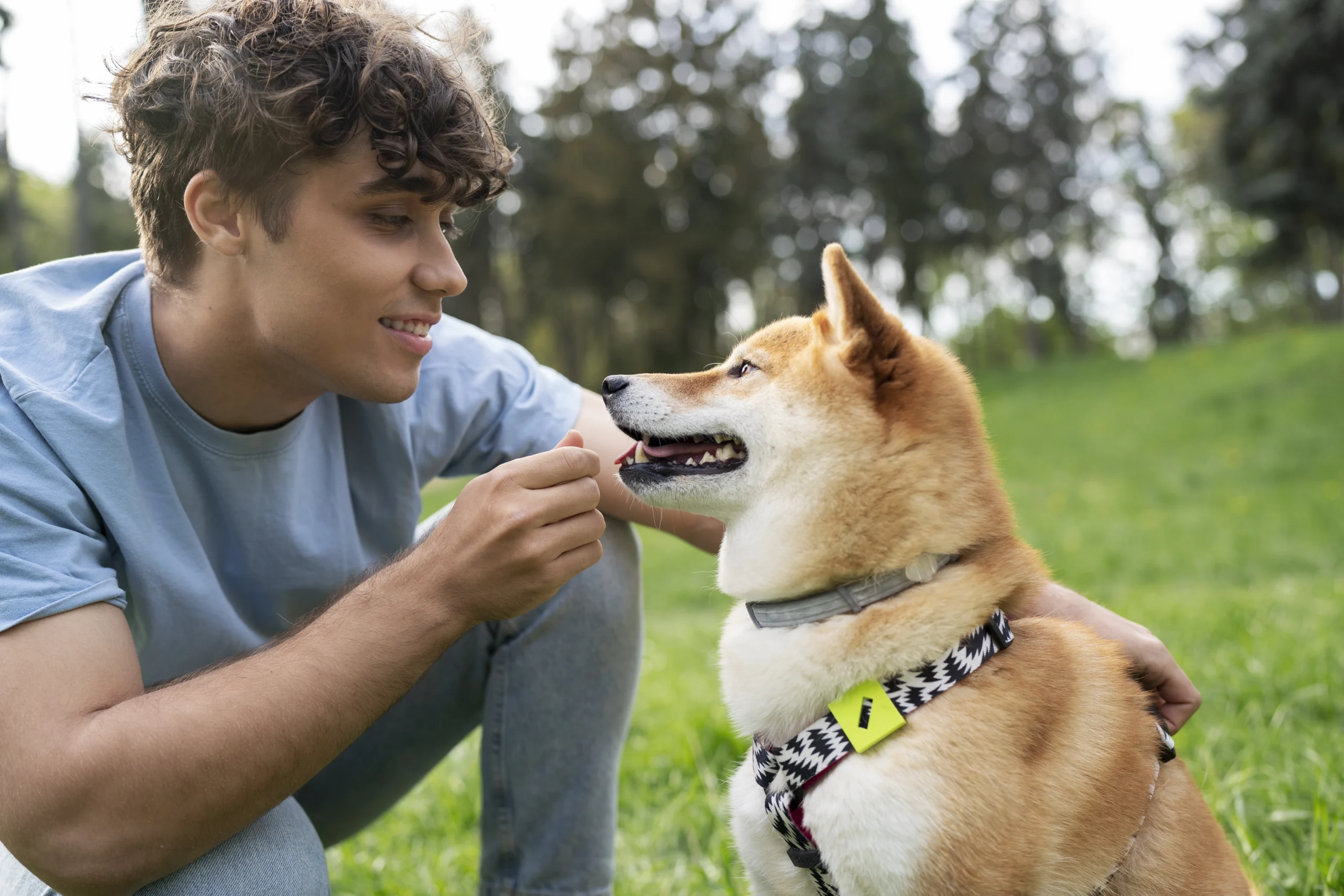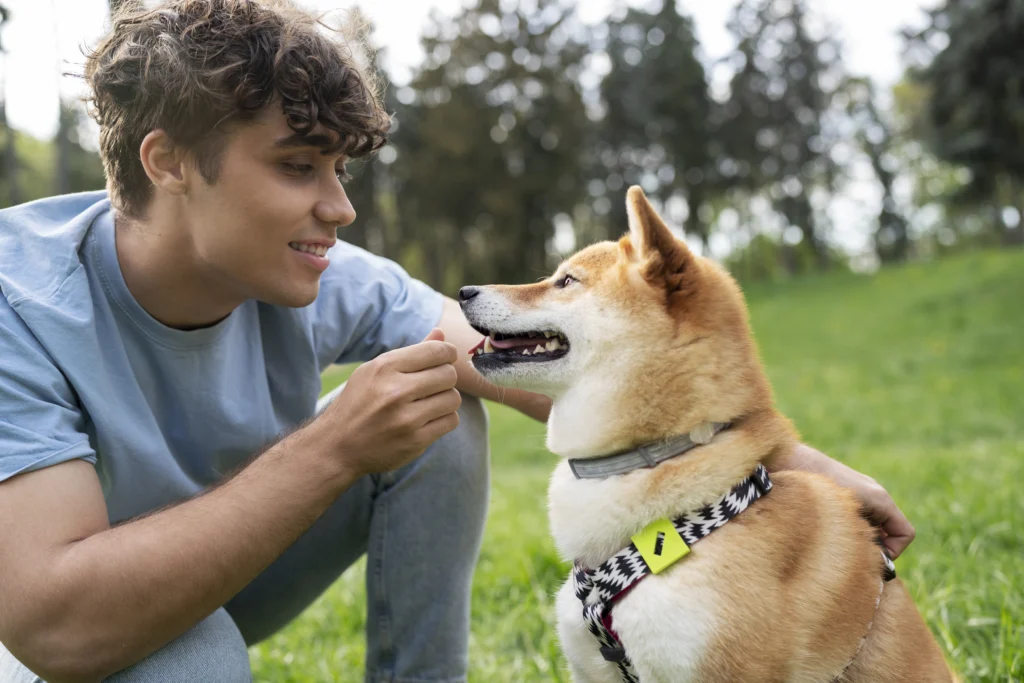
The German Shepherds are among the intelligent and loyal dogs in the world. They are courageous, obedient, and hardworking pets, so they are frequently selected as service animals, police dogs, and family pets. But you must begin to train a German Shepherd puppy properly at a young age to get the best out of them.
In this guide, we are going to look at everything you need to know about German Shepherd training—including what they were bred to do, guiding you through the process of puppy training step by step, their schedule, and beginner tips.
What Are German Shepherds Bred For?
The German Shepherd was first developed in Germany towards the end of the 19th century to shepherd flocks and defend them. Their smartness, speed, and power soon catapulted them to fame as working dogs, especially in the following areas:
- Police and military work
- Search and rescue
- Service dogs for the disabled
- Guard dogs and loyal companions
German Shepherds also respond well to having structure and purpose in their lives. As often, German Shepherds do well with regular training due to their heritage. They are not a breed of lazy dogs and require mental as well as physical exercise each day. This is why it’s essential to train a German Shepherd puppy with consistency.
German Shepherd Puppy Training Age: When Should You Start?
The earlier you train a German Shepherd puppy, the better, with ages between 7 to 8 weeks being the ideal time to initiate training. They are excellent learners at this age; they can be trained on fundamental commands and inculcated into making good habits.
- 8–10 weeks: Start with socialization and house training.
- 10–12 weeks: Introduce crate training and leash walking.
- 3–4 months: Begin teaching basic obedience commands like sit, stay, and come.
- 6 months and older: Continue advanced training and consistent reinforcement.
The sooner you start, the higher the chances that your puppy will develop into a calm and obedient adult dog.
German Shepherd Training for Beginners
When you are starting out with dog training, it may appear to be a challenging task since German Shepherds are so energetic and clever. No worries—though it can be a very rewarding experience to train a German Shepherd puppy when you do it right:
- Positive Reinforcement Method – Do not scold, but treat, praise, and play as a reward.
- Be Consistent – Don’t confuse your puppy by giving different commands or a different tone.
- Sessions Should Be Short – 10 to 15 minutes with puppies.
- Socialize at an Early Age – Introduce them to various humans, animals, and settings.
- Be Patient – German Shepherds can understand new information fast; however, they require training repetition.
What Do I Need to Train My German Shepherd Puppy?
Pre-collect the correct tools to make training easy before you start:
- Treats which are high value (they are small, taste good, and are healthy)
- Clicker (training of clickers; not essential, but works well)
- House training crate and safe resting crate
- Deter destructiveness with chew toys
- Leash and harness for control during walks
The proper training equipment will make it less strenuous to train a German Shepherd puppy and avoid frustration on your part and that of your puppy.
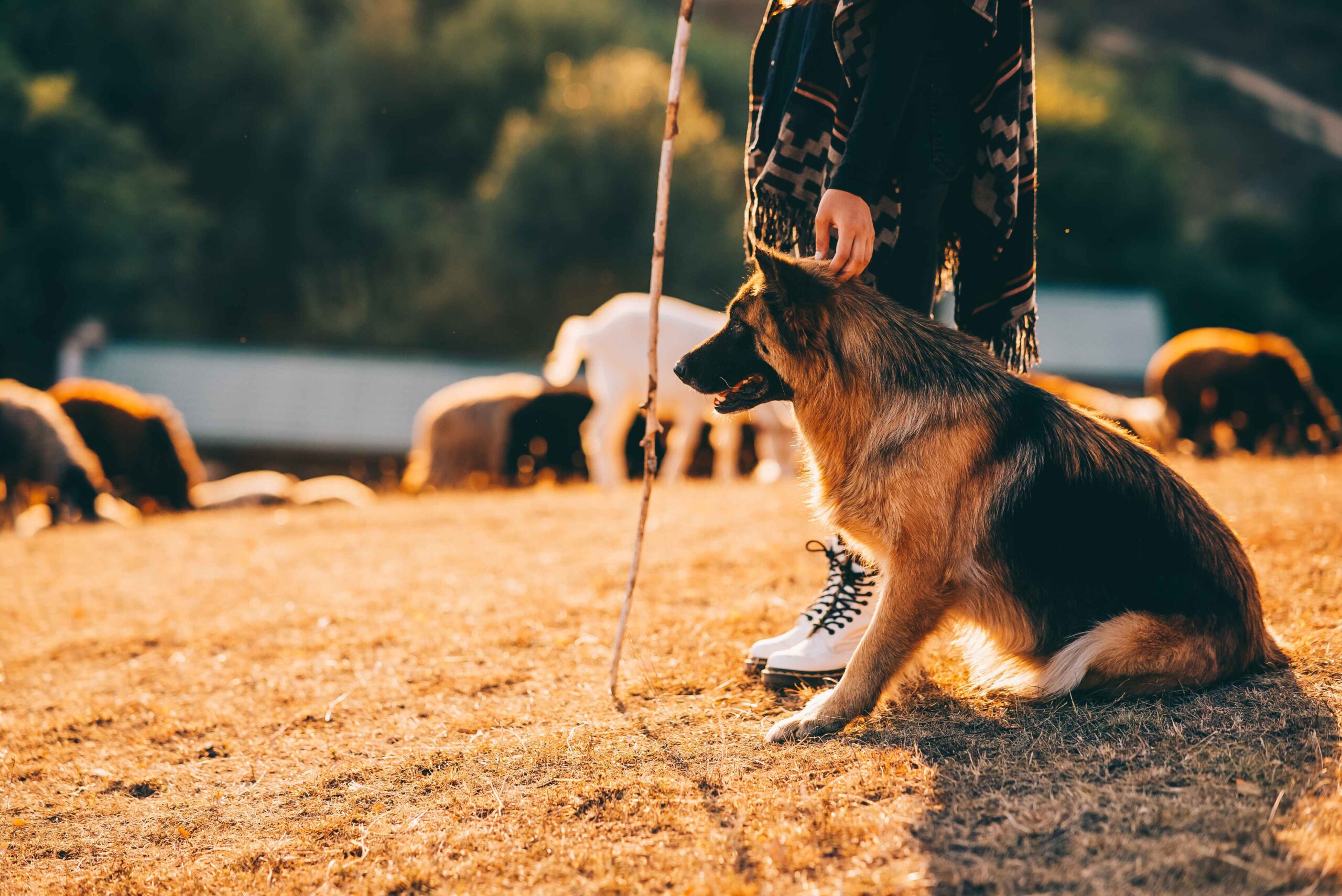
German Shepherd Training Schedule Week by Week
An effective regimen of training can assist German Shepherd puppies to learn systematically. This is a very simple week-by-week training schedule:
- Weeks 8–10: Potty training, crate training, and socialization.
- Weeks 10–12: Instruct the sit, stay, and come. Build in leash training.
- Weeks 12–16: Enforce commands and begin recall training.
- Weeks 16–20: Teach down, leave it, drop it.
- 5–6 months: Work on impulse control and longer stays.
- 6–12 months: Initiate advanced obedience and agility training.
Note: German Shepherds love routine. Keeping everything on schedule will eliminate boredom and lower behavioral problems, making it easier to train German Shepherd puppies step by step.
Are German Shepherds Easy to Train?
Yes, and no. German Shepherds rank among the top three most intelligent dog breeds and as such are easy to train. They learn fast commands, as well as new jobs, rather easily.
They are, however, high-spirited and independent and therefore need an active trainer who is persistent, strict, and patient. By ignoring training, they might develop:
- Excessive barking
- Aggression due to lack of socialization
- Separation anxiety
- Destructive chewing
Through consistent effort to train German Shepherd puppies, they grow into obedient, loyal, and protective family members.
How Long Do German Shepherds Calm Down?
German Shepherd puppies are very energetic, especially during their first year. By 2–3 years old, most will begin to settle down but will never be inactive dogs.
By doing the following, you can help your German Shepherd adjust more quickly:
- Providing daily exercise (at least 1–2 hours)
- Giving mental stimulation with puzzle toys and training exercises
- Maintaining a structured routine
- Teaching impulse control from puppyhood
When you properly train a German Shepherd puppy and provide the right balance of exercise and stimulation, they are far more likely to be calm at home.
Conclusion
German Shepherds are easy to train but need patience, consistency, and devotion. By learning their history, following a weekly schedule, and committing to consistent training, you can raise puppies into confident, obedient, and loving dogs.
Whether you’re a beginner or an experienced dog owner, remember:
- Start training early.
- Use positive reinforcement.
- Stay consistent and patient.
With the right approach, when you train a German Shepherd puppy the right way, they won’t just be pets—they’ll be lifelong loyal friends. 🐾
FAQs
1. What is the best place to begin training my German Shepherd?
Start between 7-8 weeks and emphasize on mild socialization and potty training and simple commands such as sit, come. Positive reinforcement: good behavior deserves to be rewarded, with treats, praise or play. Make sessions short (5-10 minutes) as well as regular to fit the attention span of your pup.
2. What is the duration to train a German Shepherd Puppy?
The pace of training is dog to dog and practice-dependent. In a matter of a couple of weeks, there should be a change that can be felt after regular work. Newer feats, such as impulse control or elaborate obedience may require months.
3. Does the German Shepherd act aggressively?
No, neither are they innately violent. Fear-based aggressive behavior (protective aggression) can however occur due to poor socialization or the absence of training. German Shepherds tend to turn out to be socially adoptable and high achieving dogs with early training and appropriate socialization.
4. How do I stop my German Shepherd from pulling on the leash or reacting?
Train your dog as young as possible to walk on the loose leash and reward them when they are beside you. Continue to train positively. In order to decrease reactivity, practice exposure to typical triggers by introducing the stimulus at a safe distance with praise of the calm behavior given after each exposure.
5. What are common German Shepherd training mistakes to avoid?
Avoid these pitfalls:
- Delaying training—start early to set good habits.
- Using harsh or inconsistent corrections—these can cause confusion or fear.
- Ignoring set routines—consistency builds understanding

